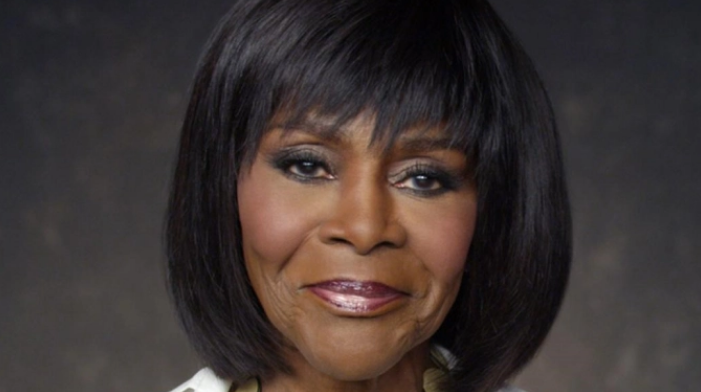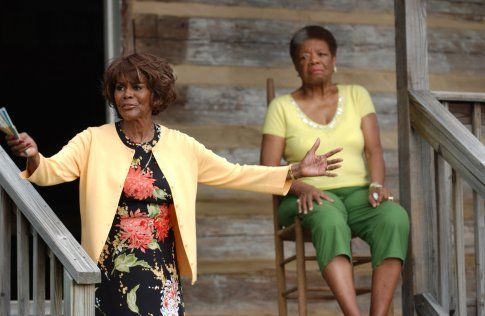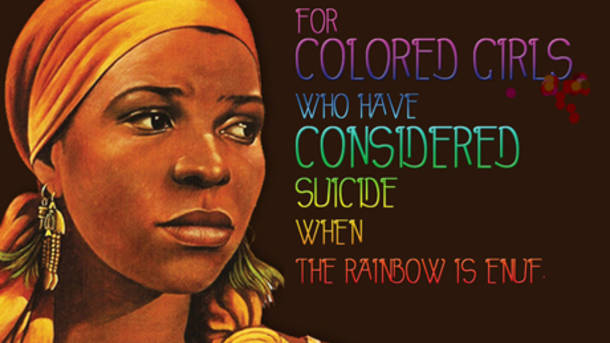
How Cicely Tyson Helped Me Make Sense of My Diasporan Identity
Forgive me if this is clumsily expressed. I have been misty eyed all morning, reflecting on the life of Ms. Tyson.
The first time I ever saw a Black woman give birth on screen was in the movie The Color Purple. I was 8 years old and spending the summer in the Detroit with my cousin, Cookie, who was 15 years my senior. The second time was when I saw the movie Roots during a month-long Black History Month celebration of art and culture that the African American community in Accra used to hold annually. At that time, I was 12.
I remember the sweat soaked skin; face contorted in anguish; the look of relief when their babies emerged from their weakened bodies. In either case (especially at age 8!), I had no real understanding of what I was witnessing on screen, but I remember feeling two very distinct emotions: confusion as to why a man was taking away Celie’s baby boy, even though she pled to keep it and happiness when Binta could finally exhale, release her vice grip on that suspended birthing stick and present her son to his father.

I was so captivated by Cicely Tyson’s portrayal of Binta that I fished out my parent’s copy of Roots and began reading it the day after the screening. Alex Haley’s words leapt off the page, and I was so overcome by sorrow and rage that my body reacted viscerally by initiating my menses.
Although it’s a touchy issue now, seeing African characters portrayed by African Americans in film was affirming for me as a child/early teen who didn’t ‘really belong” to either culture into which she was born. Having a dual nationality has its benefits (as in I will never give up the privilege of using my American passport for travel, no matter how much I loathe its capitalist, imperialist global policies), but it also comes with unique challenges, often making the work of navigating spaces and conversations more difficult than one might expect. I don’t mention any of this to garner sympathy, since I have learned in time to find comfort -dare I say pride- in my dual heritage identity, but to drive home harder the hand that artists and actresses like Esther Rolle, Akosua Busia and Cicely Tyson played in that process.

Each of these women portrayed characters that spoke to some peculiar aspect of Black womanhood. They shaped images of African American women’s experiences in our collective consciousness. However, as I have had the pleasure to discover, these women do not fit the tidy (read: xenophobic) ADOS definition of what it means to be a Black American. Esther Rolle was born to Bahamian immigrants. Akosua Busia is Ghanaian actress. Harlem born Cicely Tyson’s parents were from Nevis. Yet each of these women played uniquely iconic roles that are mainstays in the African American zeitgeist in the 20th century. Growing up, I did not know that these women came from foreign/diasporan backgrounds, I just knew that Esther’s ebony skin, and Akosua’s delicate pitch and Cicely’s broad, toothy smile were all familiar to me. In their faces I saw my boarding schoolhouse mistress, my literature teacher and the kelewele seller who always gave me a little extra plantain because “mi p3 wo hu” (I like your skin/I like you). I felt as though these incredible women were accessible, if only by force of the divine connection we all share as a result of the horrors of the trans-Atlantic slave trade.
But back to Cicely, in particular: There are very few artists who are able to invite you into the world in which their craft inhabits. Ms. Tyson was such an actress. With every character that she played, I felt as though I too had an insatiable thirst for a cold drink of water; knew the comfort of sitting under the shade and sharing my joys/secrets/sorrows with Old Sister Oak; discovering an unlikely love with a foul-mouthed bus driving parolee; or holding my breath through labor until my unborn son could take his first. It wasn’t that she embodied each character: she brought you into the moment so that you, the three of you – Cicely, the character and the viewer – all experienced the sensation of the moment in all its intensity or subtlety. This newest generation of filmgoers and Cicely Tyson appreciators will always remember her shrill disgust/dismay/disbelief in this scene:

There is much that will be said in the coming days about Cicely Tyson’s career, about her humanity, impeccable sense of fashion, her grace and the quiet dignity with which she carried herself (punctuated by the rare moments when she popped off). I will remember all these things about her, but what I will hold most close in my heart is the manner in which her very existence served as a bridge between my many worlds. Her artistry crossed cultural divides. She touched my humanity in a unique way. Because of the roles she chose to play, Cicely Tyson has been a fixture and key point in the syllabus that has helped me understand my own Blackness: its breadth, depth and myriad ways of existing. That it’s okay to be many things at once… And more importantly, how our histories and experiences on the Continent, in the West Indies and in America are intertwined and therefore how our futures have already been forged. If we break those bonds, we break something in ourselves.
I will miss seeing her one screen, but I take comfort in the knowledge that the gifts she left this world are not fleeting; they are eternal and will be shared with generations to come long after even I am gone.
Rest well and thank you, wondrous commander of screen and stage.




